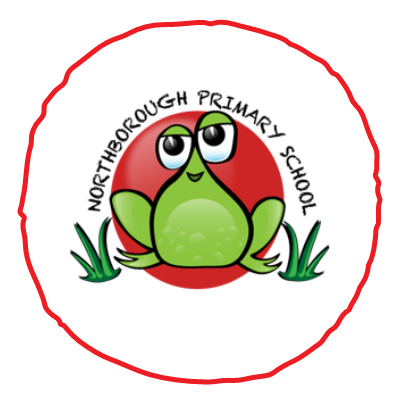Music & music development
The importance of music education in primary schools cannot be overstated. It plays a vital role in children's development, bringing joy while shaping cognitive, emotional, and social skills.
Music development plan summary:
Overview
|
Detail |
Information |
|
Academic year that this summary covers |
2024/25 |
|
Date this summary was published |
Dec 2024 |
|
Date this summary will be reviewed |
Dec 2025 |
|
Name of the school music lead |
Sophie Simcoe |
|
Name of local music hub |
Peterborough and Cambridgeshire Music Hub |
|
Name of other music education organisation(s) (if partnership in place) |
Noise Tuition JMP Music |
This is a summary of how our school delivers music education to all our pupils across three areas – curriculum music, co-curricular provision and musical experiences – and what changes we are planning in future years. This information is to help pupils and parents or carers understand what our school offers and who we work with to support our pupils’ music education.
Part A: Curriculum music
This is about what we teach in lesson time, how much time is spent teaching music and any music qualifications or awards that pupils can achieve.
|
Northborough Primary School, part of the Soke multi-academy trust, provides a comprehensive music education for its pupils. At the key stage 2 level, pupils receive 45 minutes of dedicated music instruction per week, while key stage 1 pupils receive 30 minutes. This curriculum time is further complemented by a weekly 15-minute singing assembly, which focuses on developing vocal skills. The school utilises the Charanga curriculum, which is adapted and refined each year based on feedback and the needs of the individual classes. This ensures a responsive and tailored approach to music education. Additionally, Year 3 pupils have the opportunity to receive lessons from the local music hub through the WCIT (Wider Curriculum Instrumental Tuition) programme. These lessons culminate in a performance and sharing event, providing pupils with valuable performance experience.
|
Part B: Co-curricular music
This is about opportunities for pupils to sing and play music, outside of lesson time, including choirs, ensembles and bands, and how pupils can make progress in music beyond the core curriculum.
|
The school provides a range of co-curricular music opportunities for pupils throughout the year. Children have termly opportunities to perform for their families, including Christmas concerts, a Spring Term Music Night, and a Summer show. Pupils who receive individual music lessons in school also have the chance to share their learning through regular assemblies. The school's music lessons are provided by external partners, JMP Music and Noise Tuition, and are funded by parents. The school also has a choir that runs as an after-school club and performs for church services three times a year. Additionally, the whole school sings at the church during Harvest, Christmas, and Easter services. Children have the opportunity to take individual singing and instrumental lessons with visiting tutors. Each year, the school also puts on a performance showcase, which allows pupils to showcase their talents in dance, song, and small group or solo singing.
|
Part C: Musical experiences
This is about all the other musical events and opportunities that we organise, such as singing in assembly, concerts and shows, and trips to professional concerts.
|
The school provides a range of musical experiences for its pupils beyond the curriculum and co-curricular offerings. In Year 3, children have the opportunity to participate in WCIT (Whole Class Instrumental Teaching) concerts, which allow them to showcase their learning. The school also hosts an annual visit from a professional theatre group, which is funded by the PTFA. Additionally, the school takes pupils to attend concerts and performances organised by the local music hub. Most recently, the school's pupils had the chance to view the PYCM's (Peterborough Youth and Community Music) orchestra concert of "The Snowman and the Snowdog."
|
In the future
This is about what the school is planning for subsequent years.
|
The school has ambitious plans to develop and expand its music provision in the coming years. The school aims to introduce a more traditional range of musical instruments, including woodwind, strings, and brass, to broaden the instrumental opportunities available to pupils. The school also aspires to embed music more deeply into the daily life of the school, beyond the dedicated curriculum and co-curricular offerings. This includes a focus on developing the music approach and teaching in the Early Years Foundation Stage (EYFS). Additionally, the school hopes to cultivate a higher level of instrumental playing and singing among its pupils, and to provide more opportunities and pathways for those students who wish to further develop their musical passions and talents. Potential next steps:
|


